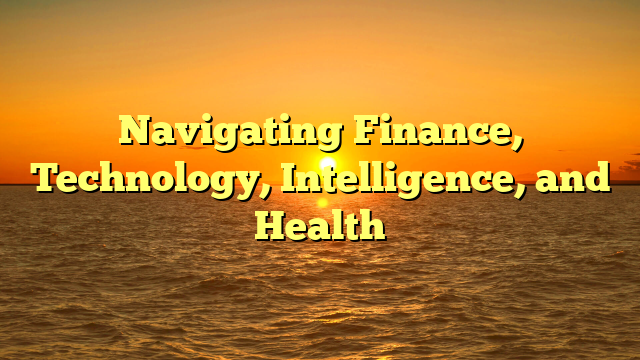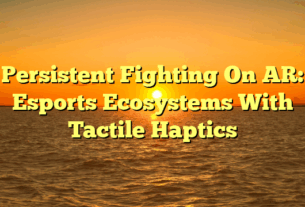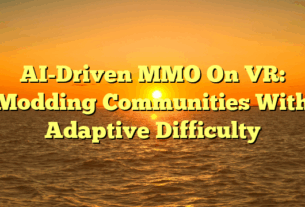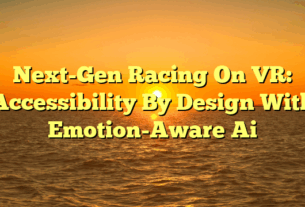In the rapidly evolving world of the 21st century, four pillars are shaping the path of humanity: finance, technology, intelligence (AI), and health. These areas are intertwined, each influencing the others in profound ways. In this discussion, we’ll explore how these sectors converge and what that means for human progress.
The Transformation of Finance Through Technology
For centuries, finance remained a backbone of human civilization. However, in the past decade, the integration of technology has revolutionized the way we manage money.
Fintech, a portmanteau of “financial technology,” has birthed innovations like digital wallets, automated investing, and cryptocurrencies. These tools deliver more convenience, especially to underbanked populations.
Conventional financial firms are evolving to compete with fintech startups, driving a more inclusive financial ecosystem.
Technology: The Backbone of Innovation
Without technology, none of these advancements would be possible. From smartphones to quantum computing, the rise of technology is the foundation for progress in every industry.
One of the most promising advancements in technology is artificial intelligence (AI). AI is not only transforming how we analyze financial markets but also how we personalize education. It’s the connection between technology and intelligence.
Cloud computing, 5G networks, and the Internet of Things (IoT) enhance communication and data-sharing across the globe. As Juara228 , decision-making is becoming faster and more predictive.
Intelligence: Artificial and Human Working Together
Artificial intelligence is no longer science fiction. From self-driving cars to chatbots, AI is powering our everyday experiences. In finance, AI is used for credit scoring; in healthcare, it assists in predicting patient outcomes.
But the true power of intelligence is not just artificial. Human intelligence, enhanced by technology, is becoming more emotional. Emotional intelligence, decision-making, and critical thinking are irreplaceable in an AI-driven world.
Balancing machine learning and human cognition results in smarter decisions. For instance, in medicine, AI can analyze data, but doctors interpret results in practical ways.
The AI-Driven Healthcare Revolution
The world of healthcare is undergoing a transformation as well, thanks to both finance and technology. Telemedicine, AI diagnostics, wearable fitness trackers, and digital therapeutics are reinventing how we think about health.
Wearable devices like smartwatches analyze heart rate, sleep cycles, oxygen levels, and even stress, enabling users to make informed choices. AI-powered apps can predict illness before a condition becomes severe.
Financial technology also helps in health, with health savings accounts, insurance tech, and personal health budgeting apps making medical access more transparent.
In hospitals, robots assist in surgeries, while virtual reality is used in training. AI tools enhance drug discovery, making treatments available faster than ever before.
The Convergence: A Unified Future
What’s truly transformative is how these four domains—finance, technology, intelligence, and health—interact constantly.
A fintech company may use AI to offer personalized financial planning.
A healthtech startup might rely on blockchain to secure patient data.
An insurance platform might integrate real-time health monitoring with AI underwriting.
Governments may use AI-driven financial models to fund better healthcare systems.
This fusion brings about smart societies, where services are personalized, and life becomes more efficient.
Risks and Opportunities
Despite the opportunities, there are challenges:
Privacy and security: More data means higher risks of breaches.
Job displacement: Automation may affect employment.
Bias in AI: Algorithms can reflect human biases.
Digital divide: Not everyone has equal access to tech or health services.
Addressing these requires ethical AI, inclusive finance, global cooperation, and continued education.
What Lies Ahead
As finance, technology, intelligence, and health continue to co-develop, we step into a new era of human potential. Whether you’re a student, understanding these dynamics helps you navigate the future.
Let us not fear these changes, we must take part in them, ensuring that this new era is inclusive, safe, and beneficial for all.



